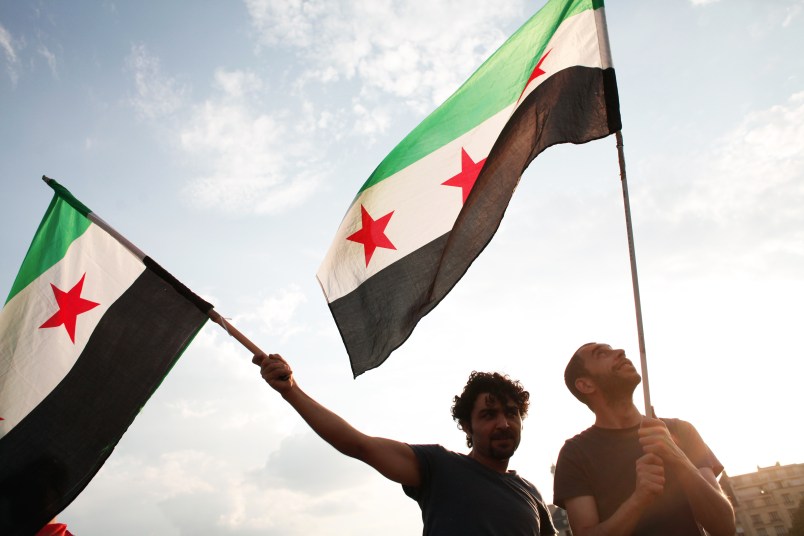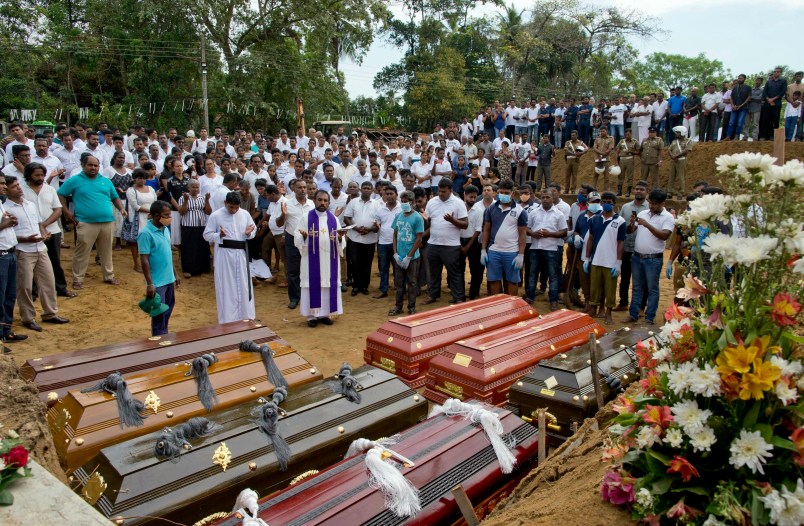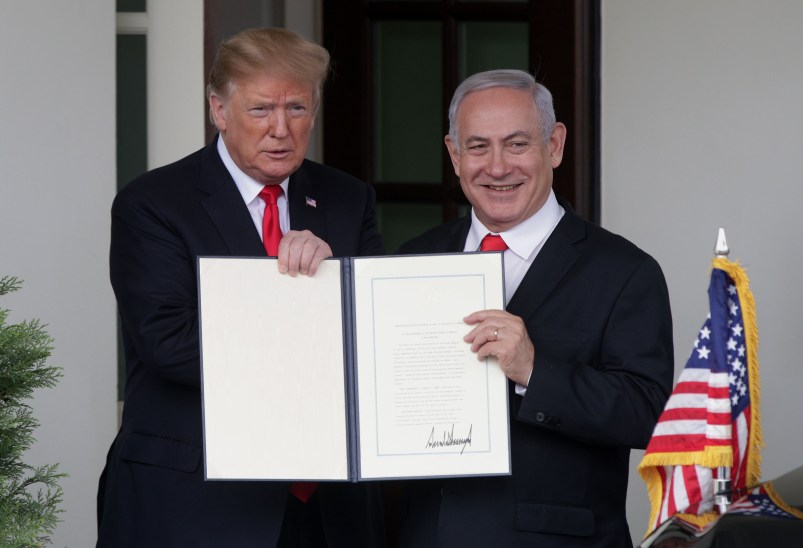UNITED NATIONS (AP) — The Syrian government has expelled three key U.N. humanitarian staffers, a decision the U.N. says could have “a major impact” on critical aid operations and harm a new effort to secure a six-week truce in the country’s largest city.
The expulsions come as the U.N. and aid groups have struggled to get badly needed assistance to millions of people in Syria’s civil war, which moves into its fifth year next month. Syria’s government has been blamed repeatedly for hindering the effort, which is also complicated by multiple armed groups and the recent rise of the Islamic State militant organization.
Two of the expelled staffers were from the U.N. Office for the Coordination of Humanitarian Affairs and the third was from the U.N. children’s agency, UNICEF, said U.N. spokesman Stephane Dujarric.
The two OCHA staffers were expelled because of their contact with armed opposition groups while trying to arrange aid deliveries — one with groups in Aleppo, Syria’s biggest city, said U.N. humanitarian chief Valerie Amos.
Dujarric said Friday that the senior UNICEF staff member was also based in Aleppo and working on delivery of humanitarian aid to children in need.
A message from Amos, seen late Thursday by The Associated Press, says the expulsions this month “set a worrying precedent for all humanitarian staff in Syria, in that any staff member in contact with armed opposition groups for the purpose of negotiating access is potentially under threat of being declared persona non grata.”
Dujarric told reporters that the expulsions are “of extreme concern” and “could have a major impact on the vital aid operations in terms of our ability to carry out operations at the local level and also on negotiations for the safe passage of aid delivery.”
Amos’ message to colleagues indicates that the effort to secure a six-week suspension of government airstrikes and artillery shelling in Aleppo is at risk. The U.N. special envoy for Syria, Staffan de Mistura, was heading to Damascus on Saturday to work out details on the proposed freeze in hostilities throughout the devastated city, which would allow the U.N. to test the delivery of unrestricted humanitarian aid to one district there.
Dujarric said de Mistura’s trip will go ahead. He said he didn’t want “to pre-guess or preclude” whether de Misura will raise the expulsions in meetings with senior Syrian officials.
“Whilst the Government of Syria is giving public support to the Special Envoy’s freeze initiative, they are making it difficult to actually implement it, should agreement be reached by the Special Envoy with all parties,” Amos wrote.
The expulsions also will have a significant impact on the entire humanitarian operation for Syria, as the two staffers played a critical role in helping to coordinate inter-agency aid convoys and maintained direct contact with key armed opposition groups for negotiating aid access, Amos wrote.
Syria’s foreign affairs ministry on Feb. 9 declared one of the international staffers, who was working in Homs governorate, persona non grata and had one week to leave the country, Amos wrote. That staffer has since left.
Then on Wednesday, the ministry declared that another staffer working in Aleppo governorate was persona non grata and has a week to leave, Amos wrote. The staff member is now preparing to leave Syria.
“Although no official reasons were given, and we are continuing to gather the facts surrounding the expulsions, it appears that the decisions were made due to their direct contacts with armed opposition groups for the purpose of negotiating access,” Amos wrote.
Security Council members on Thursday expressed support for de Mistura’s efforts.
Even Syria ally Russia urged the Syrian government to “go the extra mile” to find an agreement with de Mistura on the Aleppo plan, which the envoy has said could be replicated elsewhere in the country if successful.
But U.S. Ambassador Samantha Power warned that Syria’s government “has an abysmal track record in honoring its commitments.”
The Aleppo plan also asks opposition forces to avoid using heavy weapons, including rockets and mortars, during the six-week suspension period.
___
Associated Press writer Edith M. Lederer contributed to this report.
Copyright 2015 The Associated Press. All rights reserved. This material may not be published, broadcast, rewritten or redistributed.






